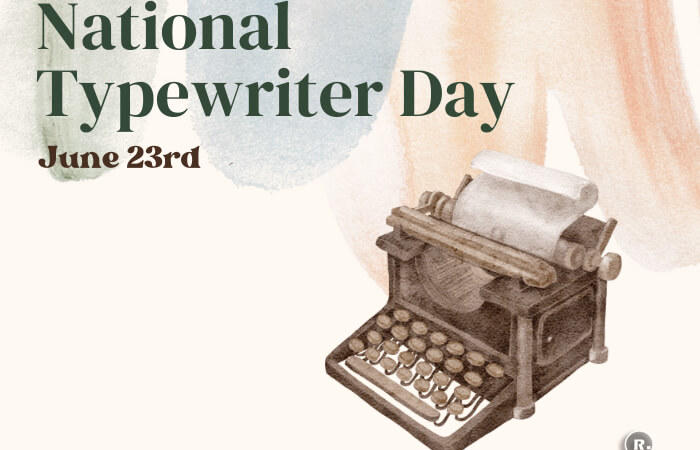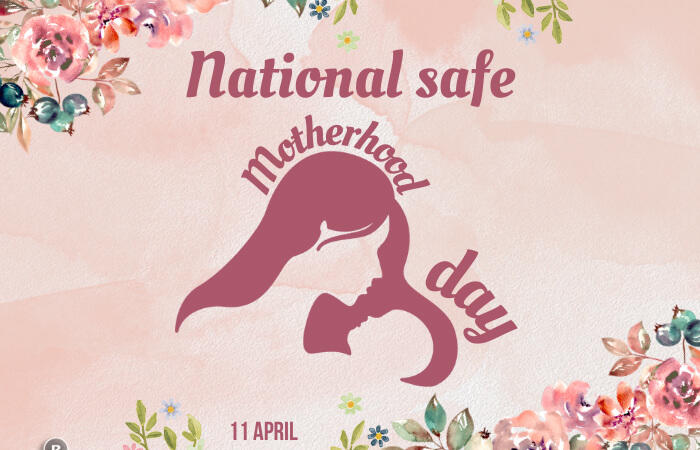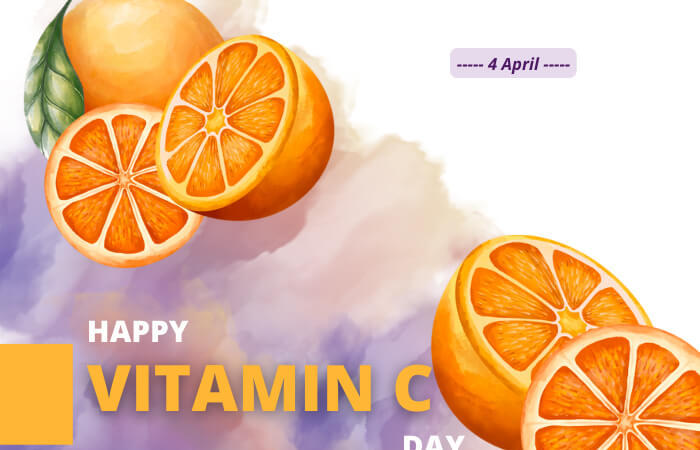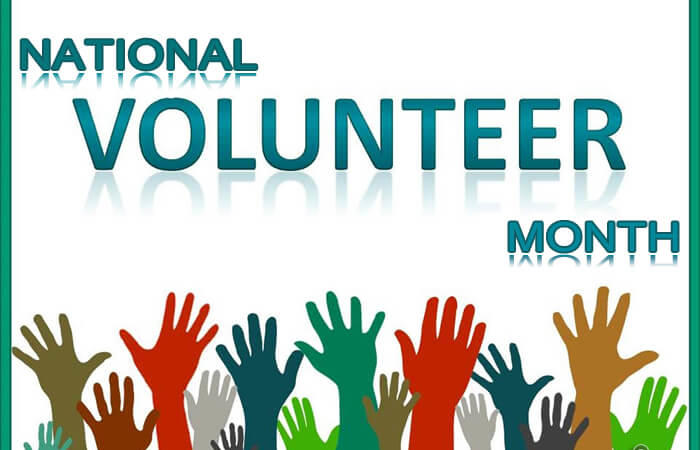National Lottery Day – 17 July
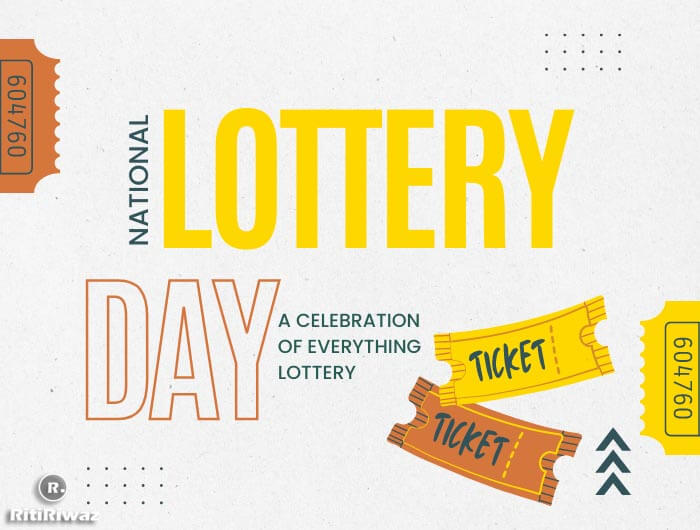
National Lottery Day is celebrated on 17th July every year when people try their luck in winning a grand prize in a lottery. Proceeds from the Lottery are allocated to the cities and towns of the Commonwealth. The Lottery is the single largest source of unrestricted local aid.
Massachusetts Lottery also celebrates National Lottery Week from July 11 through July 17 with incentives, support to communities, and responsible gambling.
History
National Lottery Day was founded by Massachusetts State Lottery in 2018 to provide its consumers a special day for the promotion of lottery products. Massachusetts State Lottery has been selling its first ticket since 1972 and has been an essential source of local aid in the commonwealth. The Massachusetts State Lottery was established by the legislature in 1971 in response to the need for revenues for the 351 cities and towns of the Commonwealth. Sales began on March 22, 1972, with a weekly passive game simply called The Game. The first drawing was held on April 6.
The Mass Lottery established the first National Lottery Day on July 17, 2018, providing consumers and retail partners with a day of special promotions for lottery products, while celebrating the Lottery as an essential source of unrestricted local aid in the Commonwealth.
Lotteries have positive impacts on their communities, from generating significant funding for local and state initiatives, to providing an additional revenue stream for business owners, and awarding billions of dollars in prizes to customers who choose to play lottery games as a form of entertainment.
How to celebrate the day
The day encourages various state and local lotteries to promote their product by providing special promotions on 17 July. You can celebrate the day by participating in lotteries or share awareness about the day on your social media with the hashtag #NationalLotteryDay. You can also take part in fun lottery games with friends and family on this day.
Lottery facts
- The oldest lottery in human history was the keno slips from ancient China that dated back from 201 to 187 BC.
- Although China may have been the one to come up with the idea of lotteries, it wasn’t until the 15th century when the first version of the game was introduced in the Netherlands and Belgium.
- Before the word Lottery even came to be, the concept of winning cash prizes used to be referred to something else. As a matter of fact, the English word ‘lottery’ originated from the Dutch term ‘lot’ which translates to ‘fate’.
- Roman Augustus Caesar held the first recorded lottery that offered tickets for sale. He used the funds to repair the city.
- It seems the founders of the United States themselves were fans of the popular lottery game itself. George Washington established a number of lotteries, despite never succeeding.
- A lottery game is defined as a game of numbers betting.
- The game is played by choosing a set of numbers, usually more than 2 and less than 6, from a number range.
- The chances of winning the lottery are nearly 1 in 300 million, but that doesn’t stop people from playing.
- The odds of winning the lottery do not increase by playing frequently, rather, you’d do better by purchasing more tickets for the same drawing.
- People spend more money on playing the lottery than on all other forms of entertainment.
- The biggest US lottery jackpot win is $1.59 billion, for Powerball in January 2016. The winning tickets were sold in California, Texas, and Florida.
- The amount won in a lottery is taxed like any other income, so the government will end up taking about a quarter of your winning.
- On average, U.S. adults spend approximately $313 per year on lottery tickets.
- Americans spend more money on lottery tickets than they do on music, books, movies, video games, and sports teams—combined
- Lotteries are usually state-run and benefit a variety of government programs, such as tax relief, senior citizen care, education, health care, sports facilities, construction projects, and more
The lottery is just one of those fun things that we do as a way to strike it rich, right? For some folks, that’s true, but for others—often those with the least amount of money to spare—playing for these jackpots can be a serious income drainer.
Suggested Read: Indian States That Allow Casinos

